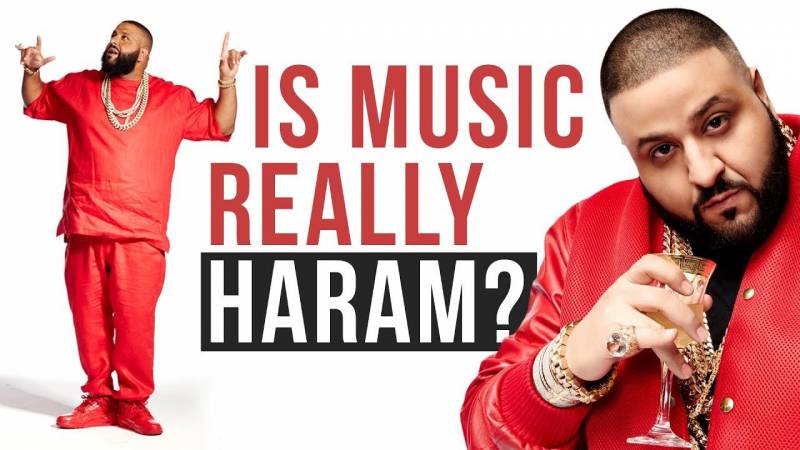It is one of the most hotly debated issues on Muslim discussion websites and has long been pondered by some of Islam's most respected scholars. With the advent of a whole new generation of Muslim musicians who try to blend their work and faith, it has taken on extra significance.
Is music haram or halal, forbidden or permissible, in Islam?
Some Muslims, particularly those who follow the austere Salafi, Wahhabi and Deobandi schools of thought, believe music is strictly forbidden by the Koran and the teachings and sayings of the Prophet Muhammad as outlined in the hadith.
Music itself is not referred to in the Koran although some scholars have interpreted the phrase "idle talk" as referring to music. Music is mentioned on several occasions in the hadith, but always in an unfavourable way. For example, one reference in the hadith reads: "Singing sprouts hypocrisy in the heart as rain sprouts plants." But again, there is disagreement over whether this hadith is reliable or weak.
Other Muslims subscribe to the view that instruments are haram and only vocals are allowed, an opinion that has led to a rich tradition of a cappella devotional singing. There are some Muslims who believe drums are permissible, but no other instruments.
Still other Muslims believe that all instruments are allowed, provided they are used for acceptable or halal types of music. Hence there is a long history of instrumental accompaniments to devotional songs, particularly in the Shia and Sufi traditions.
A majority of Muslims subscribe to the view taken by modern scholars such as Sheikh Yusuf al-Qaradawi who opined in his influential book, The Lawful and the Prohibited, that music is forbidden only if it leads the believer into activities that are clearly defined as prohibited, such as drinking alcohol and illicit sex.




